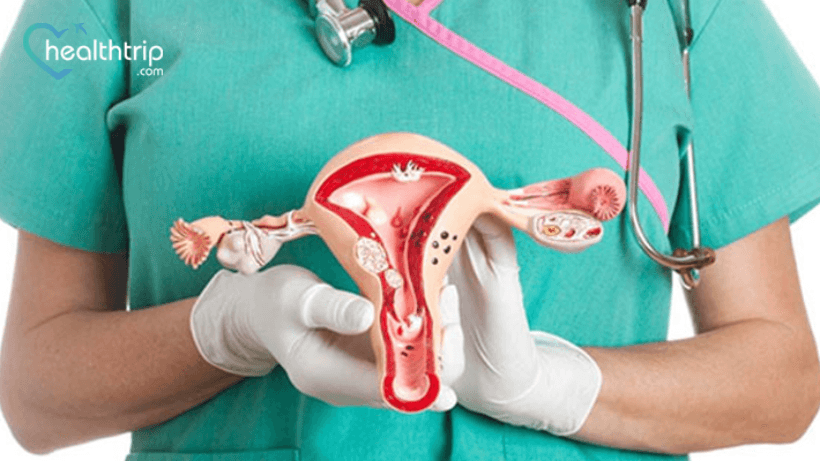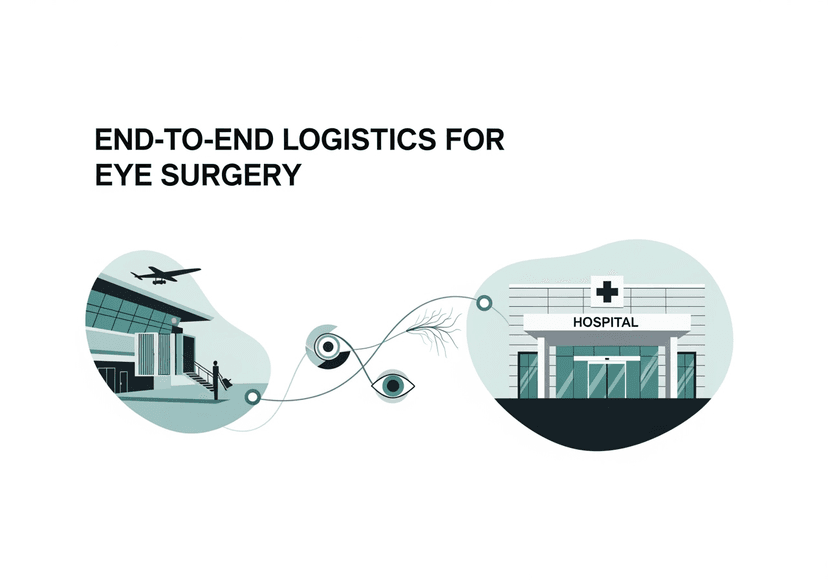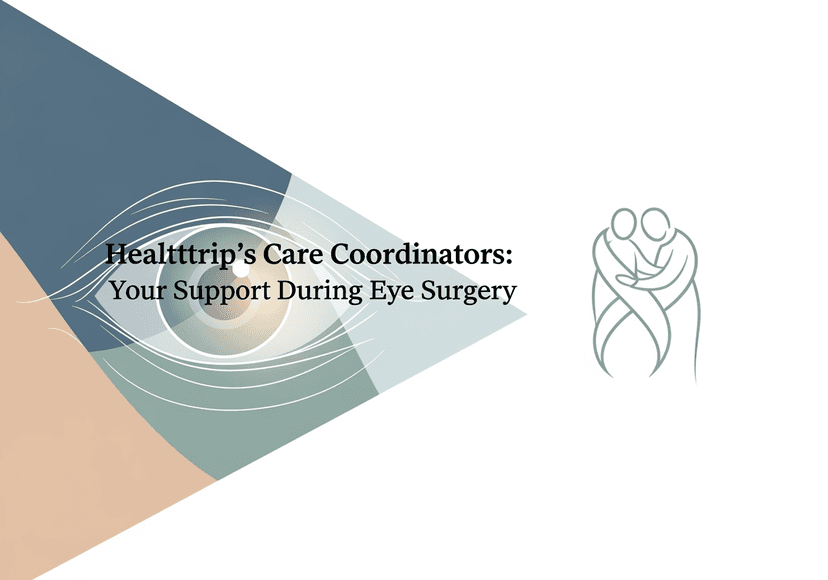
Hysterectomy: Understanding the Procedure, Risks, and Recovery
28 Mar, 2023
 Healthtrip
HealthtripHysterectomy is a surgical procedure that involves the removal of a woman's uterus. This procedure can be performed for a variety of reasons, including the treatment of uterine fibroids, endometriosis, pelvic inflammatory disease, and certain types of cancer. While hysterectomy is a common procedure, it is still major surgery, and it is important to understand the risks and recovery process associated with it.
Types of Hysterectomy
Most popular procedures in India
There are several types of hysterectomy, each with its own advantages and disadvantages. The type of hysterectomy recommended by your doctor will depend on your individual circumstances, such as your medical history, the reason for the procedure, and your personal preferences.
Total Hysterectomy: This procedure involves the removal of the entire uterus, including the cervix. This is the most common type of hysterectomy and is often recommended for the treatment of cancer or large fibroids.
Wellness Treatments
Give yourself the time to relax
Lowest Prices Guaranteed!

Lowest Prices Guaranteed!
Partial Hysterectomy: This procedure involves the removal of the upper part of the uterus, leaving the cervix intact. This type of hysterectomy is less invasive than a total hysterectomy and may be recommended for the treatment of conditions such as endometriosis or uterine prolapse.
Radical Hysterectomy: This procedure involves the removal of the uterus, cervix, and surrounding tissues, such as the ovaries and fallopian tubes. This type of hysterectomy is often recommended for the treatment of certain types of cancer.
Laparoscopic Hysterectomy: This procedure is less invasive than traditional hysterectomy and involves the use of small incisions and a laparoscope, a thin tube with a camera attached. Laparoscopic hysterectomy is associated with less pain and scarring than traditional hysterectomy and may be an option for some women.
Risks of Hysterectomy
As with any surgery, a hysterectomy carries some risks. These risks may include bleeding, infection, damage to surrounding organs, and reactions to anesthesia. Additionally, some women may experience complications such as bladder or bowel problems, pelvic prolapse, or vaginal dryness. It is important to discuss the potential risks and benefits of a hysterectomy with your doctor before deciding to undergo the procedure.
Recovery from Hysterectomy
Recovery from a hysterectomy can take several weeks, and it is important to follow your doctor's instructions carefully to ensure proper healing. Immediately after the procedure, you will likely stay in the hospital for a few days to monitor your recovery. During this time, you will be given pain medication to manage discomfort and will be encouraged to walk and move around to prevent blood clots.
Once you are discharged from the hospital, you will need to rest and avoid strenuous activity for several weeks. Your doctor may recommend that you avoid sexual activity and lifting heavy objects for a certain period of time to prevent complications. It is important to follow your doctor's instructions closely and to contact them if you experience any unusual symptoms, such as fever, excessive bleeding, or severe pain.
Conclusion
Hysterectomy is a common surgical procedure that can be performed for a variety of reasons. While the procedure is generally safe, it is important to understand the risks and recovery process associated with it. If you are considering a hysterectomy, talk to your doctor about the potential benefits and risks, and make sure you have a clear understanding of what to expect during and after the procedure. By taking the time to understand your options and prepare for recovery, you can ensure a smoother, more successful outcome.
Most popular wellness packages
Related Blogs

How Healthtrip Ensures Quality & Safety in Eye Surgery Procedures
Detailed guide on eye surgery, featuring doctors, hospitals, risks, recovery,

End-to-End Logistics for Eye Surgery with Healthtrip's Support
Detailed guide on eye surgery, featuring doctors, hospitals, risks, recovery,

Healthtrip's Care Coordinators: Your Support During Eye Surgery
Detailed guide on eye surgery, featuring doctors, hospitals, risks, recovery,

Top 5 Indian Hospitals for Eye Surgery
Detailed guide on eye surgery, featuring doctors, hospitals, risks, recovery,

Post-Eye Surgery Diet and Lifestyle Tips
Detailed guide on eye surgery, featuring doctors, hospitals, risks, recovery,

Common Risks in Eye Surgery and How Healthtrip Manages Them
Detailed guide on eye surgery, featuring doctors, hospitals, risks, recovery,










